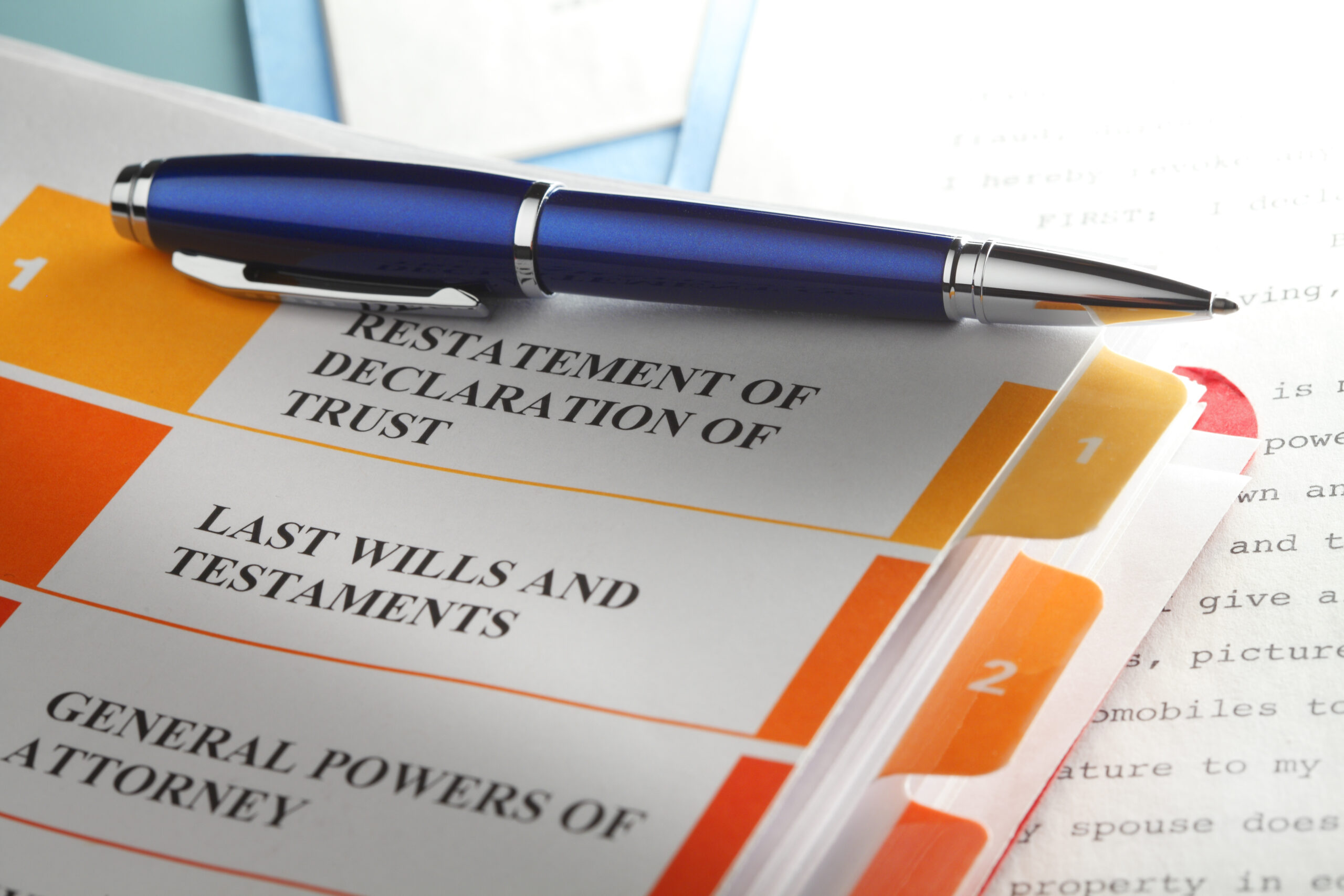Craig Lemoine, Ph.D., CFP®, Director of Consumer Investment Research
Many people believe, incorrectly, that estate planning is for older, ultra-wealthy people. But the simple truth is: If you have property, you need an estate plan. Your estate plan is the key to ensuring your wishes are carried out after you die or you’ve become incapacitated and can’t make decisions on your own.
Before we dive into the estate planning documents you need to have, it helps to understand how property passes after a death. This can happen one of three ways: by beneficiary transfer, by operation of law, or through the probate process.
Some types of accounts – such as retirement plans, college savings accounts, annuity or life insurance contracts – allow the owner to appoint a beneficiary. A beneficiary generally receives proceeds at the death of an owner. In the case of life insurance, a beneficiary receives a death benefit at the death of the insured. Property that passes to a living beneficiary does not pass through a will, intestate or the probate process.
Property may also pass through the operation of law. Some forms of joint titling (such as joint tenants with rights of survivorship or joint tenants in the entirety) pass to surviving owners at death. Here’s an example:
Deepak, Scott and Robin buy a ten-acre hunting lease. They each put $50,000 towards the land, purchasing it as Joint Tenants with Rights of Survivorship with each owning a 1/3 interest in the property. Five years later Scott passes away. At Scott’s death, Deepak and Robin now own a 50% interest in the property. If Deepak dies the following year, Robin will own 100% of the hunting lease.
Remaining real and personal property that does not pass by beneficiary transfer or operation of law will pass through the Probate process. You can control the outcome of this property by having a will. Without a will your remaining property will pass according to state law.
What Documents Do You Need for Estate Planning?
The following are some of the key documents you should consider including in your estate plan. Check with a qualified financial advisor who has experience with estate planning and/or an estate lawyer to help you decide which items are needed for your specific scenario.
- A will is a legal document that spells out who will receive your property upon your death.
- Power of attorney documents may be tailored for financial decisions, health care decisions or both.
- A springing power of attorney allows an agent to make decisions on your behalf in the event you are unable to make them.
- A trust is a legal arrangement under which you transfer assets to a trustee’s care. The trustee then holds and manages those trust assets for the benefit of one or more beneficiaries. Within that trust there are instructions on exactly how and when to pass assets to your beneficiaries.
- Guardianship documents allow parents and guardians to plan for who would take care of their children or dependents.
- A living will can help you dictate what types of life sustaining health care should or shouldn’t be administered in the event of incapacity.
- A letter of last instruction can help family members locate important documents and access accounts or property.
How to Prepare Estate Plan Documents
There are free or low-cost online services that can help you put together some of your estate plan documents. But for a more comprehensive approach, it’s best to work with a financial advisor and/or an estate planning attorney.
Before you meet with your estate planning professional, think about your goals, expectations and intended outcomes. Who would you want managing your financial affairs at your death or incapacity? Who would you want managing your health and Medicare decisions? If you have children or other dependents, who would you want to be guardians?
Because life is full of changes, you should consider primary choices and alternatives to ensure a more effective and flexible plan. Here’s an example:
Daniel and Sarah are married with two young children. Daniel has a brother and sister. Before meeting with an attorney, Daniel decides to name Sarah as the executor in his will. He also names his brother and sisters as an alternate co-executors. At Daniel’s death, Sarah will be the executor of his will. In the event she predeceased him, Daniel’s siblings will serve in her place.
Where to Store Estate Planning Documents
Your original estate planning documents should be stored in a safe and accessible place. A safe deposit box at a bank serves this purpose well. If storing documents in-home consider a fireproof safe. Copies are often kept at the attorney’s office who drafted the documents, so these can serve as a backup in case of emergency.
Be sure to let your family members know where the documents are stored and how to access them so they don’t have to search for them in times of stress.
When to Update Your Estate Planning Documents
Your estate planning documents shouldn’t be considered static. As your family grows and changes with time, your estate planning documents should also evolve. Marriages, divorces, death, disability, buying property, inheriting wealth or moving states facilitates a review of estate planning documents.
Talk to a Professional About Your Estate Planning Needs
Every family has unique estate panning needs. A team consisting of a trusted financial advisor and qualified estate planning attorney can help build a plan to protect your wealth and empower future generations. Need help finding a financial advisor who will put your needs first? Get matched today.
This material is written by Dr. Craig Lemoine, a non-affiliate of Cetera Advisor Networks, LLC, or CWM, LLC.
For a comprehensive review of your personal situation, always consult with a tax or legal advisor. Neither Cetera Advisor Networks LLC nor any of its representatives may give legal or tax advice.


